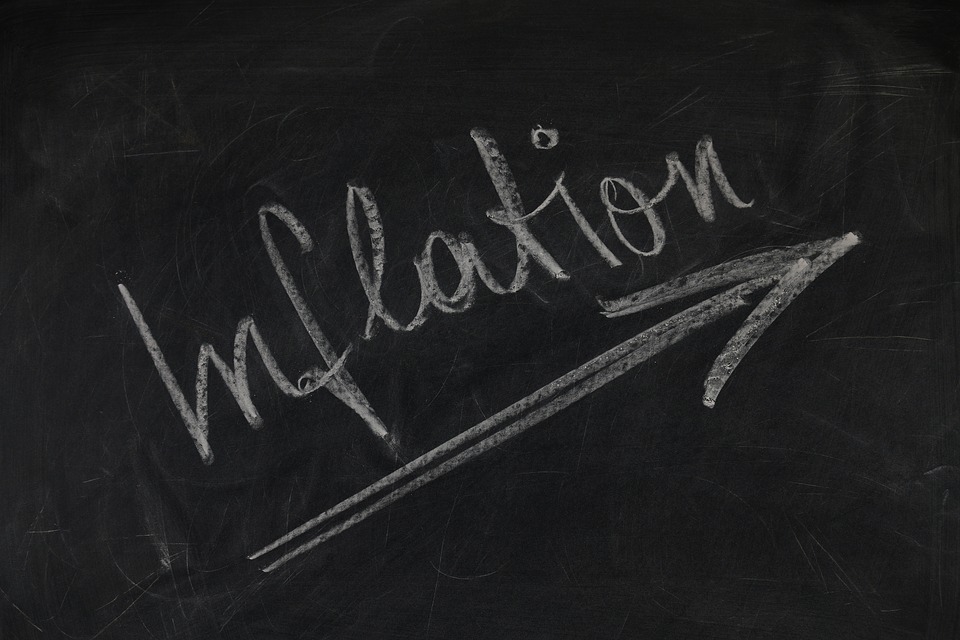UK inflation rose to a six-month high of 1.8 per cent in January, a significant increase from December’s rate of 1.3 per cent, according to official data released today.
The rate remains below the Bank of England’s (BoE) target of two per cent. The bump comes as a surprise to analysts, who had forecast the rate to rise half as much to 1.6 per cent.
The rise was seen as a vindication of the BoE’s decision not to cut rates at its January meeting of the Monetary Policy Committee (MPC), despite fears of a potential recession.
Craig Erlam, senior market analyst at Oanda, said: “The MPC can now reflect positively on their decision to not jump the gun in January, on the back of some poor end of 2019 readings.
“There were too many one-off factors to explain the weakness and the level-headed approach appears to have paid off”.
Sterling initially rose 0.2 per cent against the dollar on the back of the news, breaking through $1.30, before paring its gains.
Activtrades senior analyst Ricardo Evangelista said that the boost showed the British economy continues to give signs of vitality “against all odds”.
The Office of National Statistics said the main drivers of the increase in inflation were increases in the housing and household services – gas and energy bills – as well as transport, which rose 0.2 per cent on rising fuel pump prices.
Recovering energy prices, which had taken a hit on the back of Ofgem’s introduction of the initial price cap last year, recovered after last year’s fall.
The retail and hospitality sectors also recorded rises, with the main contribution coming from women’s clothing. Despite evidence of increased discounting in December, the data showed little reduction in the number of items on sale.
Restaurants and hotels helped push the index as prices for overnight hotel accommodation fell by 3.9 per cent between December 2019 and January 2020, compared with a fall of 9.1 per cent between December 2018 and January 2019.
In a reversal from last month’s results, food and non-alcoholic beverages contributed a small negative contribution as December saw prices fall.
Ayush Ansal, investment chief at Crimson Black Capital, said that few would have seen this “curveball coming”:
“A rise was priced in but for inflation to surge by so much in just one month will have caught pound watchers by surprise. In just a month the doves at the Bank of England have gone from driving seat to back seat.
“With the chances of an interest rate cut now negligible, the pound will inevitably benefit”.
Robert Alster, head of investment services at Close Brothers Asset Management, said: “Inflation is ticking upwards, driven by greater consumer confidence, but does remain below target.
“However, despite this greater economic optimism, the UK is not yet out of the Brexit fog and the 31 December cliff-edge is only getting closer. The Bank of England will be trepidatious about bold monetary decisions until the scale of this post-EU disruption is known”.
By Edward Thicknesse
Source: City AM

